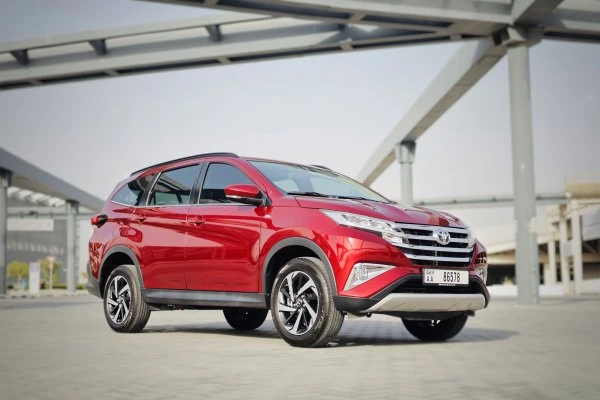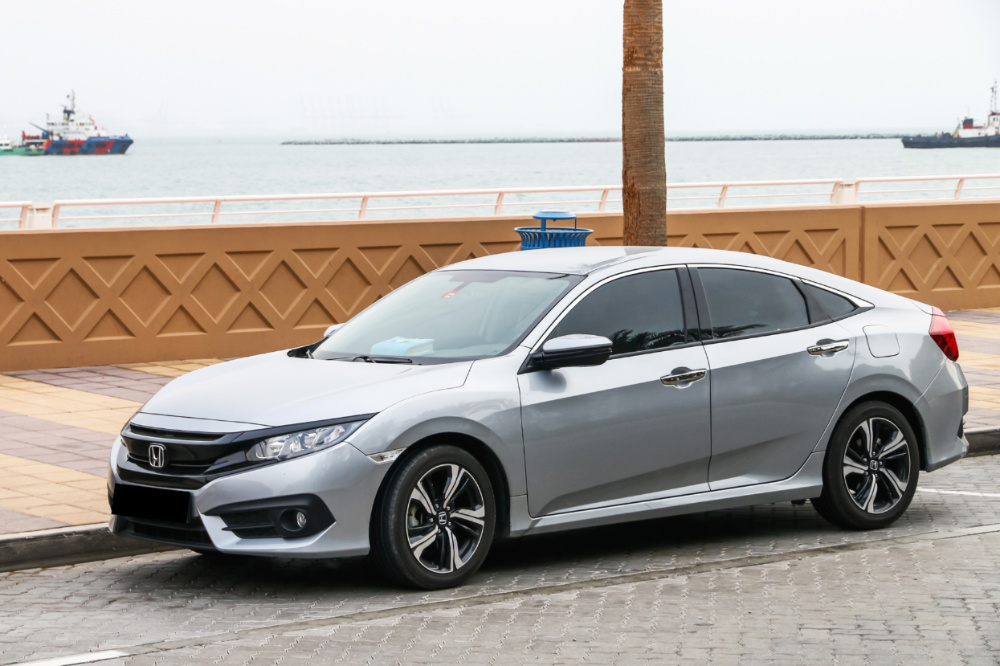- Eligibility Criteria for Car Ownership Transfer in Dubai
- Required Documents for Vehicle Ownership Transfer
- Step-by-Step Guide to Transferring Car Ownership Online (RTA Smart App or rta.ae)
- RTA Fees and Service Processing Time
- Car Ownership Transfer in Abu Dhabi and Other Emirates
- Exceptional Cases: Inherited, Company, or Financed Cars
- FAQ
Transferring vehicle ownership in Dubai is a crucial legal step. If you’re selling a car in Dubai, gifting it, this process guarantees that the new owner is officially registered with the Roads and Transport Authority.
Ownership transfer involves updating the vehicle registration card and ensuring that all responsibilities (such as traffic fines, insurance, and registration validity) are shifted to the new party. To transfer ownership in Dubai, individuals must use an approved transfer service through an authorized centre under the supervision of the transport authority.
Anyone who owns a car in the UAE must complete this process when ownership changes. To complete the transaction, both the buyer and seller must be present, provide the required documentation, and submit the necessary forms and fees, all under UAE law.
Eligibility Criteria for Car Ownership Transfer in Dubai
To complete the transfer of ownership fast and smooth, both the buyer and seller must meet specific eligibility requirements set by the UAE authorities.
- Buyer’s Requirements: The buyer must hold a valid UAE residency visa and a driving license appropriate for the vehicle category. Individuals without residency cannot register a vehicle in their new owner’s name.
- Seller’s status: The seller must be the legal owner of the vehicle, as listed on the current registration card, with no outstanding fines or loan holds on the car.
- Age restrictions: Both seller and buyer must be at least 18 years old. However, some vehicles, such as luxury, sports, or heavy models, may require stricter age limits.
- Type of License: The buyer’s driving license must match the vehicle class. For example, heavy vehicles require a different license category than passenger cars.
Required Documents for Vehicle Ownership Transfer
To complete the transaction, there is a set of essential documents that every party must provide for a straightforward process when buying or selling a car in the UAE. Whether you’re buying a car from a dealer or a private individual, submitting documents accurately is crucial to register the car in accordance with RTA rules. Here’s the complete checklist:
- Emirates ID: Both the buyer and the seller must present valid Emirates ID cards to confirm their identities.
- Vehicle registration card (Mulkiya): This official document verifies the current registration status of the vehicle and must be issued in the name of the current owner.
- Valid insurance: All new owners must apply for vehicle insurance under their name before initiating the ownership transfer process.Without it, the roads and transport authority will not allow the ownership to be transferred to the new owner.
- No-fines clearance certificate: This document confirms that there are no outstanding unpaid traffic tickets for the vehicle in the UAE. Without it, the roads and transport authority will not allow the ownership to be transferred to the new owner.
- Technical Inspection Certificate: If the vehicle is more than three years old, it must pass a technical inspection.
- UAE driving license: The new owner’s name must match the name on an active UAE driving license to demonstrate their legal eligibility to drive and register a car in the United Arab Emirates.

Emiratis and GCC nationals must provide proof that their vehicle complies with Gulf specifications (Ministry of Industry and Advanced Technology – Conformity Sector) if it does not meet the customs requirements.
Step-by-Step Guide to Transferring Car Ownership Online (RTA Smart App or rta.ae)
There are multiple ways to apply for car ownership transfer in Dubai, including through RTA Smart Kiosks, the Dubai Drive app, or the official website (rta.ae).
- Log in to the platform: Use your UAE PASS or Emirates ID to log in to the RTA system through the Dubai Drive mobile app, RTA website, or Smart Kiosks.
- Upload the documents: Upload scanned copies of documents: the vehicle registration card and Emirates IDs of both parties.
- Transaction fee: You can pay the ownership transfer fee online using a credit or debit card.
- Buyer’s confirmation: The buyer will receive a notification and must then approve the confirmation documents digitally.
- Digital Mulkiya transfer: Once both parties approve, the vehicle registration card (Mulkiya) is digitally transferred to the new owner via email and can also be downloaded from the RTA website.
- Number plate issuance (if applicable): If the buyer needs or chooses to get new number plates, they can schedule pickup or delivery through the Dubai Drive mobile app or collect them from a service centre.
RTA Fees and Service Processing Time
- Standard transfer fee: The base fee ranges from AED 350 to AED 500. The price depends on vehicle type and weight. When paying fees, always ensure you’re using approved RTA service centers or digital platforms to avoid delays.
- Additional costs: You may need to pay extra for new number plates (AED 35-500, depending on the type), vehicle inspection (AED 170), and insurance, which must be active and under the new owner’s name. It’s essential to verify that there are no unpaid fine amounts on the vehicle before initiating the ownership transfer process. Please verify that there are no outstanding Salik toll charges or traffic fine amounts before proceeding. This helps ensure that ownership can be legally transferred from the seller to the buyer.
- Processing time: Most cases are processed within one business day if done online via the RTA smart platforms. You can also visit an RTA center to complete the process manually. Walk-ins are accepted at any Customer Happiness Centre offering service in Dubai, especially for those who prefer in-person assistance.
Car Ownership Transfer in Abu Dhabi and Other Emirates
While the vehicle transfer process in Abu Dhabi, Sharjah, and Ajman follows the same algorithms as in Dubai, there are procedures and authorities specific to each platform involved.
- Abu Dhabi (TAMM): In Abu Dhabi, the transfer of vehicle ownership is managed via the TAMM portal. Similar to Dubai’s RTA, it allows users to submit documents online and sign the purchase agreement digitally. The buyer will receive the updated vehicle registration (Mulkiya) once the process is finalized and all conditions are met.
- Sharjah and Ajman: In these emirates, offline steps remain common. For example, many cases require a visit to the Sharjah traffic department to complete paperwork, undergo an inspection, or obtain a new plate. Although partial online systems are available, you may still need to visit the center in person to complete the process.
- Standard requirements across the Emirates: In all locations, an Emirates ID, Mulkiya, and valid insurance are required to complete the ownership change. A vehicle inspection may also be mandatory if your car is older than 3 years.
Even if your vehicle in Dubai is being sold to someone in another emirate, both parties should verify the transfer rules specific to that emirate to prevent unnecessary delays or repeat visits.
Exceptional Cases: Inherited, Company, or Financed Cars
Ownership transfer procedures can differ for inherited vehicles, company-registered cars, or vehicles under active finance. Here’s everything you need to know:
- Financed Cars: If the ownership of a vehicle is still under bank financing, you must first obtain a clearance letter from the financing institution. Only after the loan is closed can you proceed with the transfer. Additionally, a new insurance policy under the buyer’s name is required before applying for a new registration card.
- Company-Registered Vehicles: When a car is owned by a company, a power of attorney, an official company stamp, a copy of the trade license, and the Emirates ID of the authorized signatory are typically required. These documents are essential for transferring vehicle ownership from a corporate entity to an individual buyer.
- Inherited Vehicles: In cases of inheritance, the legal heirs must present a court-issued inheritance certificate, a death certificate, and an Emirates ID. If there are multiple heirs, all must sign off on the ownership transfer or appoint a single representative.
Always consult the official FAQs or visit an RTA service center for clarification on the current procedures.

















































